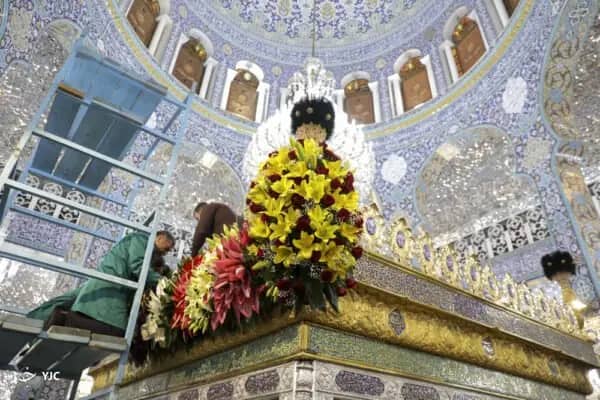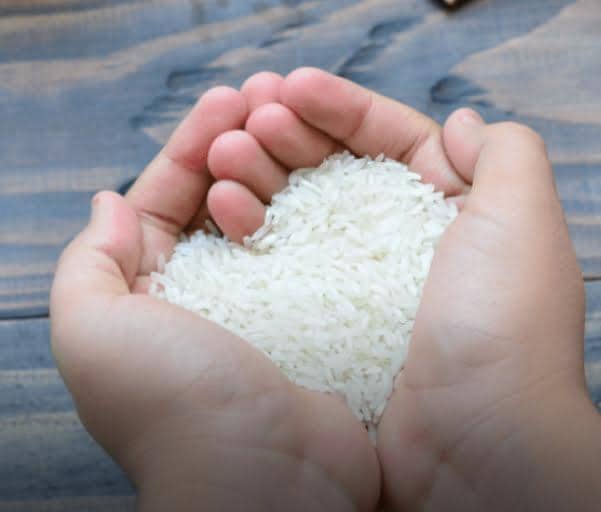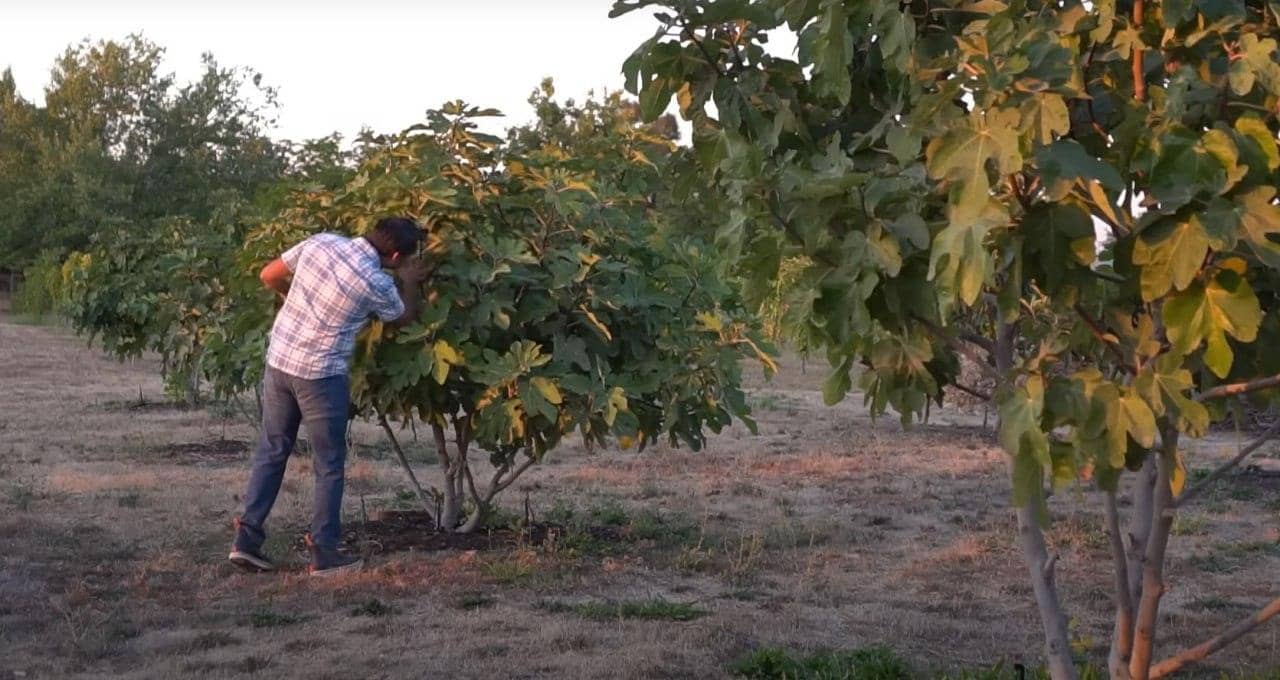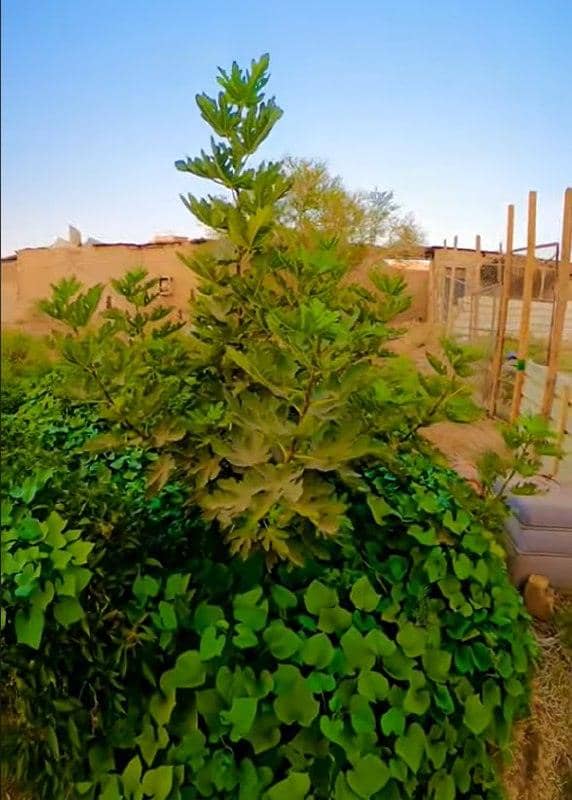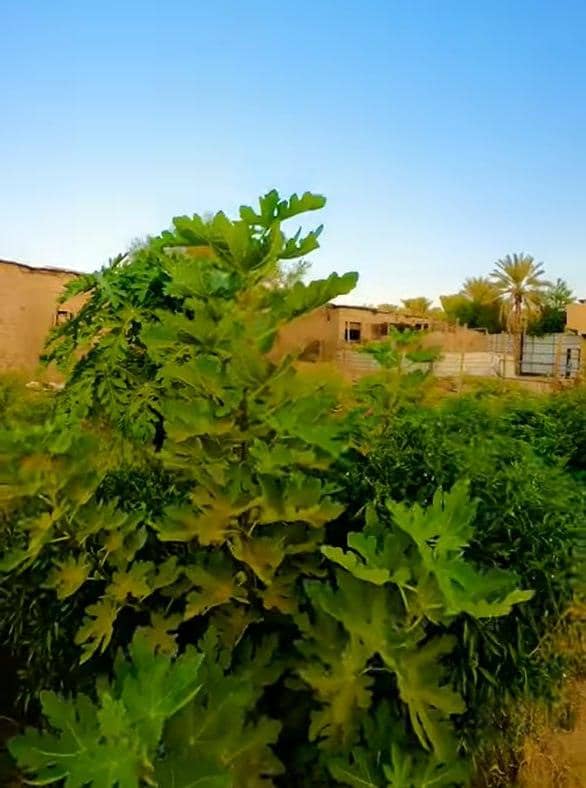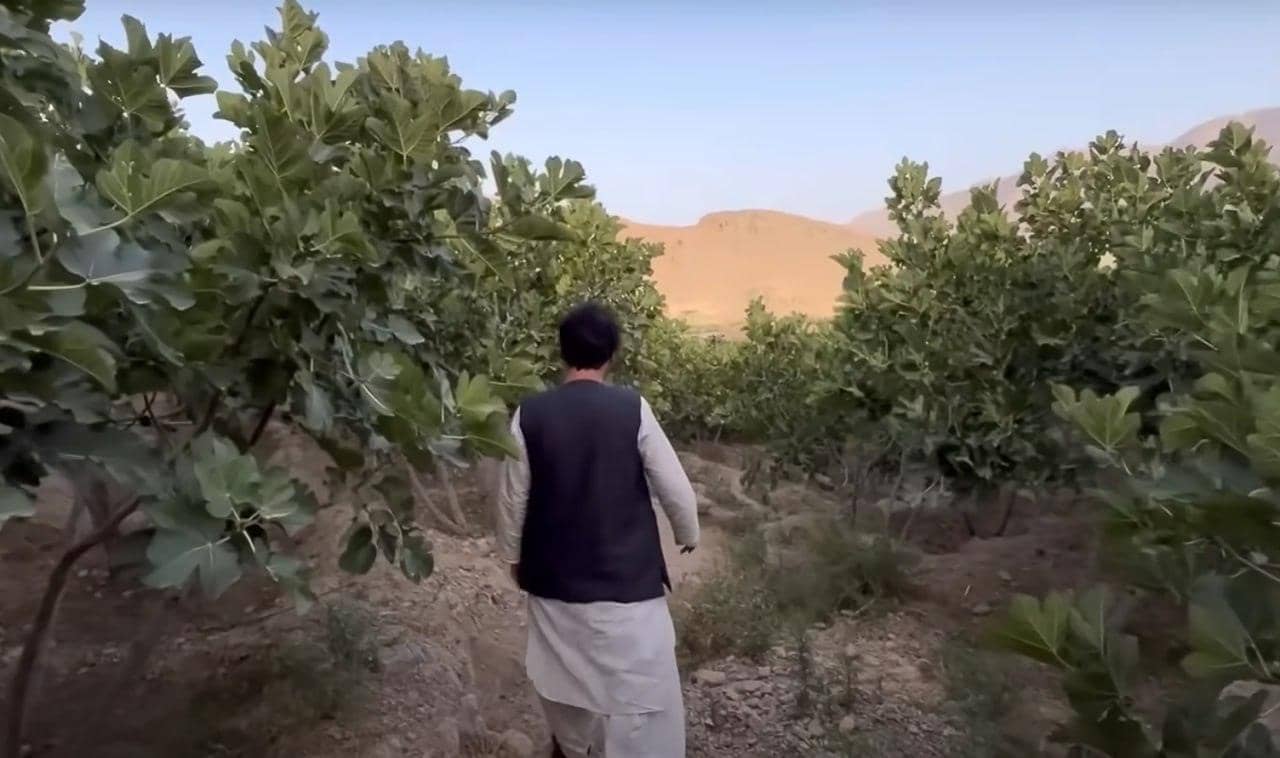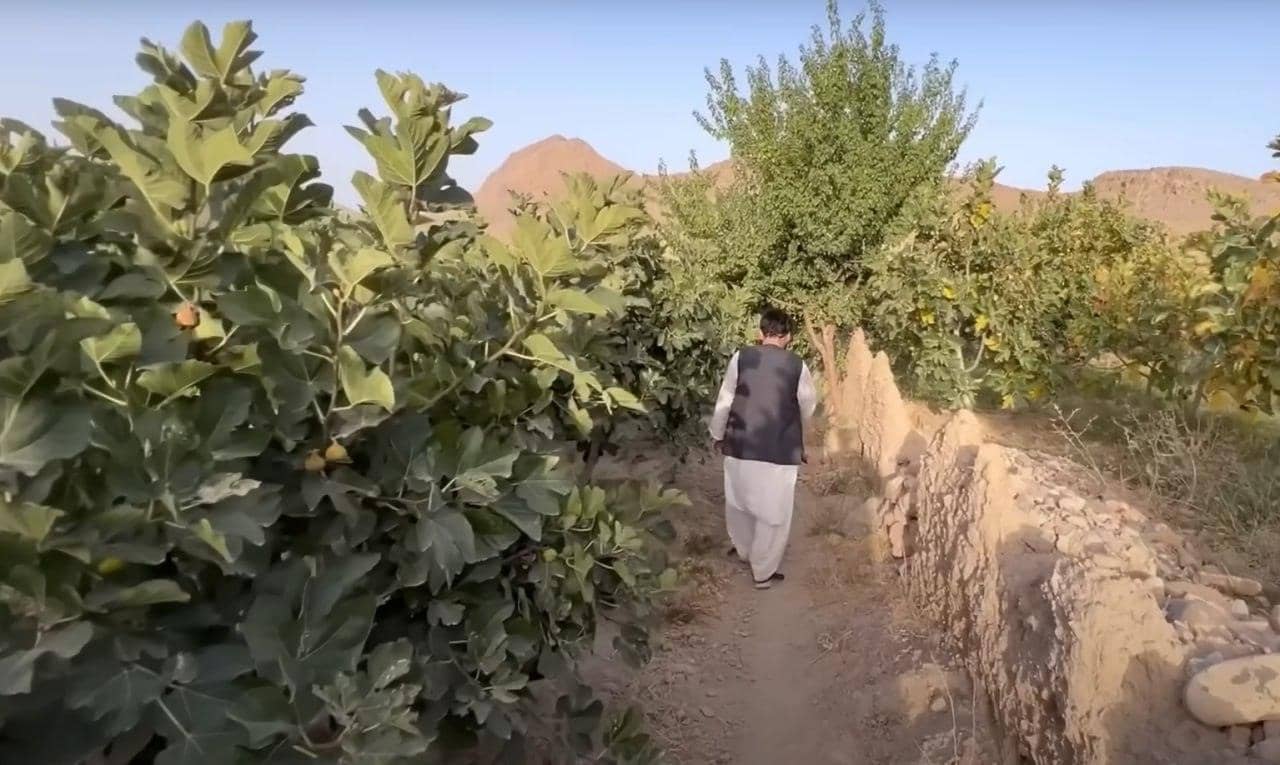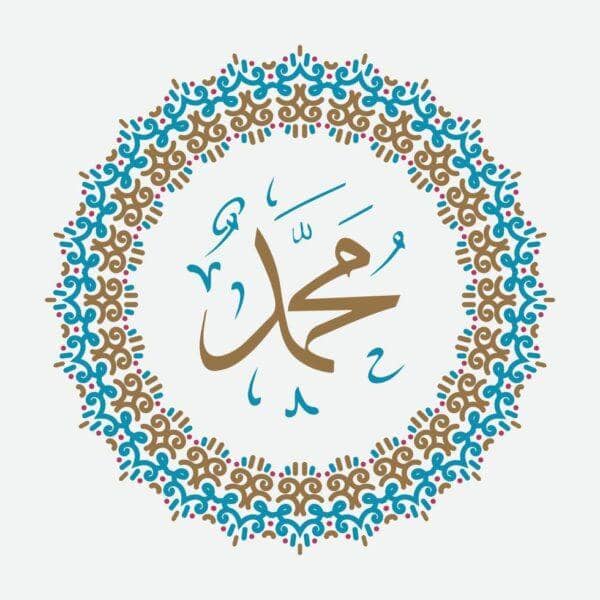The shrine of Imams is a sacred place where the holy bodies of some of the infallible Imams are buried. These Imams are the descendants of the Prophet Muhammad (SAW) and the leaders of the Shia Muslims. They are Imam Ali (AS), Imam Husayn (AS), Imam Ali al-Rida (AS), and Fatimah bint Musa (AS), also known as Masumeh. The shrine of Imams is located in different cities in Iraq and Iran, such as Najaf, Karbala, Mashhad, and Qom. Millions of pilgrims visit the shrine of Imams every year to pay their respects, seek their intercession, and receive their blessings.
However, not everyone can afford to travel to the shrine of Imams physically, especially in these difficult times of pandemic and crisis. Therefore, some people may wish to donate crypto for the shrine of Imams instead, which is a way of donating money to support the maintenance and development of the shrine, as well as to help the poor and needy who live near the shrine. Paying crypto for the shrine of Imams is also a way of performing Sadaqah Jariyah, or ongoing charity, that benefits both the giver and the receiver in this life and the hereafter.
In this article, we will explain how to donate crypto for the shrine of Imams, based on your intentions and type of payment. 2,278 crypto dollars were paid for the shrine of Imams until October 31, 2023. We will also explain what are the benefits and rewards of paying crypto for the shrine of Imams.
How to Donate Crypto for the Shrine of Imams?
Crypto is short for cryptocurrency, which is a digital form of money that can be created, stored, and transferred using cryptography and blockchain technology. Crypto has many advantages over fiat money or bank transfers, such as speed, low cost, transparency, security, privacy, and empowerment. You can donate crypto for the shrine of Imams by following these steps:
- You can do it through Donate for Holy Shrines with Cryptocurrency. At the moment that I am talking to you, the last donation of a user to the shrine of Imam Hossein with the intention of Perfume and Flowers was 5 dollars.
- You can choose any of the imams with any intention you have: intentions include Blessings, Inside the Shrine(Zarih), Food for Visitors, Development and Maintenance, Carpet for Holy Shrine, Quranic and Cultural Activities, Perfume and Flowers, The Inner It is Intention (in my heart).
- Choose the amount and type of crypto that you want to pay. You can pay any amount or type of crypto that you have in your crypto wallet or exchange account. You can also convert your fiat money or other assets into crypto using various platforms or services.
- Make an intention in your heart that you are paying for the sake of Allah (SWT) and for the benefit of the Imams. You can also specify which Imam you want to pay for, or pay for all of them equally. You can also say a dua or supplication for the Imams after making the payment.
- Send your crypto payment to the charity’s crypto wallet address or QR code that they provide on their website or platform.
- Receive a confirmation and receipt from the charity that they have received your payment. You can also track and verify your transaction on the blockchain, which is a public and immutable ledger that records all crypto transactions.
- Share your payment with your family and friends and encourage them to pay as well. You can also share your payment on social media or other platforms and spread the word about the cause or organization that you have supported.
What are the Benefits and Rewards of Paying Crypto for the Shrine of Imams?
Paying crypto for the shrine of Imams has many benefits and rewards for both you and the Imams. Here are some of them:
- You will receive the reward and blessing of Allah (SWT) for your payment, which will be multiplied by Him according to His will and wisdom.
- You will receive the reward and blessing of the Imams for your payment, who will intercede for you on the Day of Judgment and ask Allah (SWT) to forgive you and have mercy on you. The Prophet Muhammad (SAW) said: “My intercession is for those who love my family.” (Al-Tirmidhi)
- You will receive the reward and blessing of the people who benefit from your payment, who will thank you and make dua for you and the Imams. The Prophet Muhammad (SAW) said: “The best charity is that which is given in secret, so that the left hand does not know what the right hand gives.” (Al-Bukhari)
- You will receive the reward and blessing of using crypto for your payment, which is an innovative and empowering way of supporting charitable causes and organizations. Crypto can help you pay faster, cheaper, more transparently, more securely, more privately, and more effectively than other methods.
We hope that this article has helped you understand how to pay crypto for the shrine of Imams until October 31, 2023, based on your intentions and type of payment. We also hope that this article has inspired you to pay crypto for the shrine of Imams with sincerity and generosity, and to seek blessings from Allah (SWT) and the Imams. May Allah (SWT) accept your payment, forgive your sins, have mercy on you and the Imams, and grant you all Jannah.


